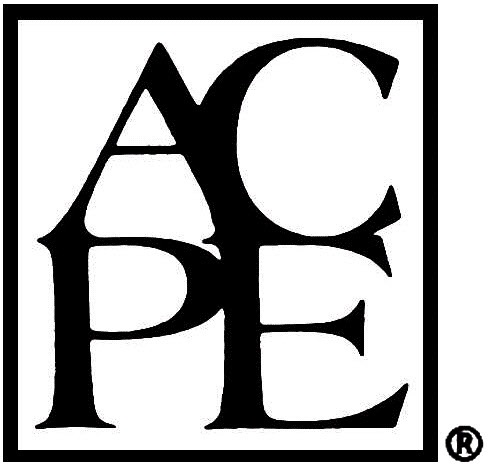INT2 - The art of estimating renal function in adult patient groups
Link to EAHP StatementsSection 1 - Introductory Statements and Governance: Statement - 1.1
Section 4 - Clinical Pharmacy Services: Statements - 4.1, 4.2, 4.3, 4.8
Section 5 - Patient Safety and Quality Assurance: Statements - 5.1, 5.5
ACPE UAN: 0475-0000-23-022-L04-P - A knowledge-based activity Abstract Hospital pharmacists review patients’ medication daily and assess risk factors to reduce patient harm. One of those risk factors is the renal function. Pharmacists advise physicians on dose-adjustments of renally excreted medication or on the discontinuation of medication that could further decrease renal function. Before the introduction of formulas to estimate GFR (glomerular filtration rate), the most commonly used measure was the serum creatinine concentration. However, the serum creatinine is not only determined by glomerular filtration, but also dependent on many other factors such as muscle mass, meat consumption, medication use and malnutrition.
The formulas to estimate GFR use serum creatinine concentration and take into account several variables such as age, gender, weight and race, and are only validated in a stable chronic setting. The most commonly used formulas in daily practice are the Cockcroft-Gault formula, the Modification of Diet in Renal Disease (MDRD) formula and the Chronic Kidney Disease Epidemiology collaboration equation (CKD-EPI). These formulas have been developed in populations with specific characteristics, which hamper their use in various populations with a wide range of renal function. It is essential to understand the pitfalls of these formulas to allow correct interpretation of their results in adult patients. To address whether medication adjustments are needed hospital pharmacists need to distinguish between acute versus chronic renal failure. Also, the expected recovery of the renal function needs to be taken into account.
In this interactive session the characteristics of the several formulas are discussed. Also, the interpretation of these formulas in different patient groups - such as patients with obesity or older patients – is addressed using cases from routine clinical practice.
Learning objectivesAfter this session, participants should be able to:
- Describe which formulas are used for adult patients to estimate renal function in patients and the important pitfalls of these formulas
- Apply the right formula to special patient groups (e.g. older patients, patients with chronic renal failure, and patients with obesity)
Educational need addressedClinical pharmacists review patients’ medication daily. Based on the renal function of a patient pharmacists advice physicians on the pharmacotherapy. This seminar will focus on the pitfalls of estimating renal function for adult patients with common formulas used in daily practice.
Keywords: Renal function, drug use evaluation, interventions, medication safety, medication error

